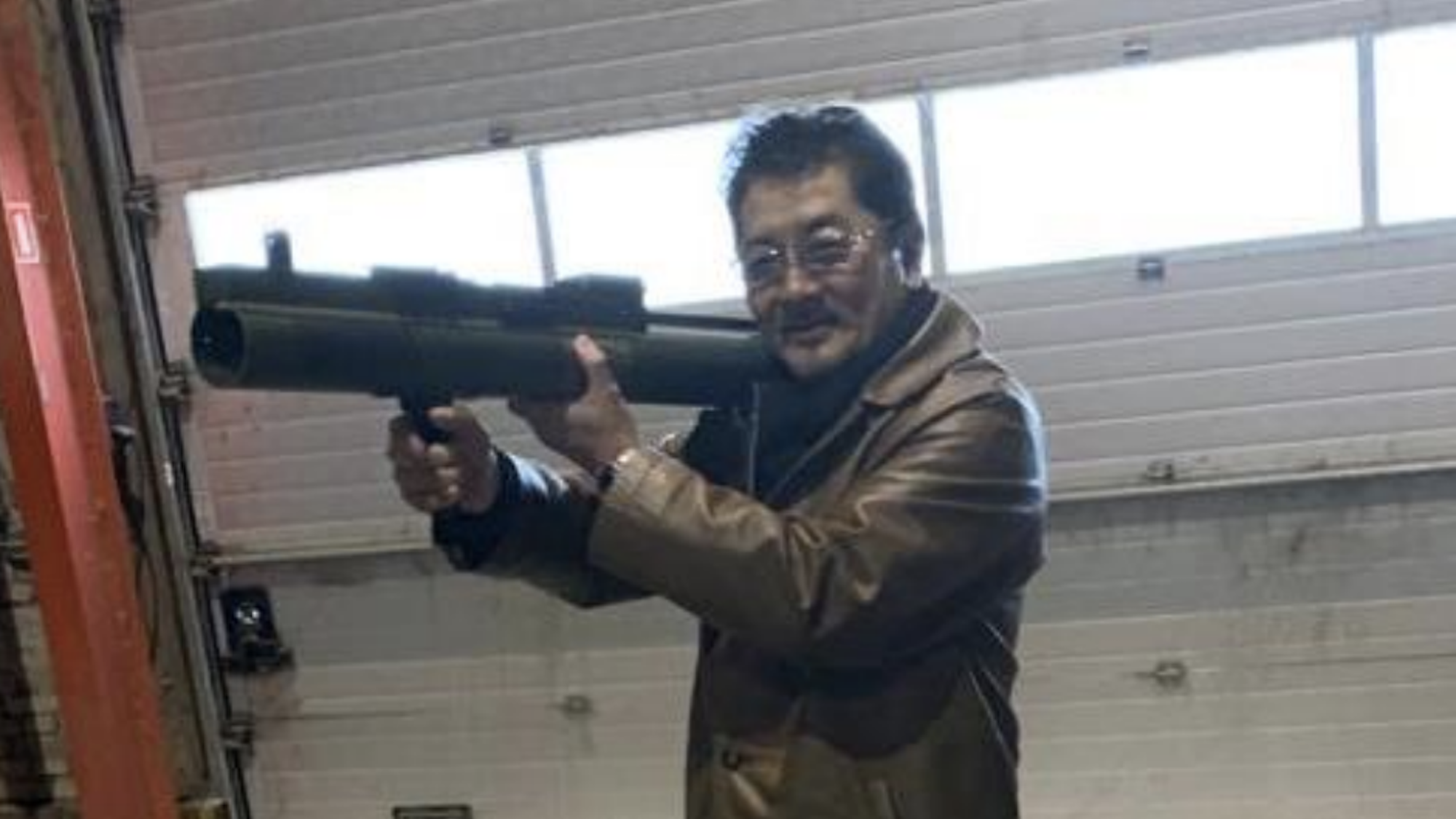Gadgets
Yakuza boss tried to traffic nuclear weapons-grade plutonium

A leader of the Japanese Yakuza entered a guilty plea in federal court on Wednesday for attempting to traffic military-grade weapons and approximately 1,100 lbs of narcotics. With these charges alone, the individual would face a lengthy prison sentence. Add in another conviction for attempting to sell off thousands of pounds of uranium and weapons-grade plutonium, and it seems unlikely that Takeshi Ebisawa will ever see the outside of a prison cell.
The evidence presented in the Department of Justice’s court documents is damning. This includes a photo of Ebisawa holding a stolen US Army rocket launcher, a WhatsApp conversation showing images of confirmed heroin being discussed, and audio recordings of Ebisawa discussing the sale of nuclear weapons-grade material with an undercover agent posing as an Iranian army general.
The Department of Justice’s announcement on January 7 explains that Ebisawa unknowingly introduced agents to his international network of criminal associates across various countries, facilitating large-scale narcotics and weapons transactions. These sales would have supported armed militant groups in Burma and fueled drug distribution in New York.
In addition to the narcotics and stolen weapons, Ebisawa was involved in deals concerning a substantial quantity of nuclear materials. He provided photos of supposed uranium with Geiger counters showing radiation levels, along with paper records confirming the substances to be thorium and uranium. He also offered 220 lbs of uranium concentrate powder and discussed supplying plutonium for a nuclear weapons program with an undercover agent posing as an Iranian general.

Apart from the destructive potential of plutonium in nuclear weapons, Ebisawa’s access to this rare material could have bypassed costly manufacturing processes for illicit actors. A nuclear forensic laboratory confirmed that Ebisawa’s plutonium was suitable for use in a nuclear weapon.
Ebisawa pleaded guilty to six counts, including conspiracy to commit international trafficking of nuclear materials, international trafficking of nuclear materials, narcotics importation conspiracy, conspiracy to possess firearms, and money laundering.
Trafficking convictions involving nuclear materials are relatively rare due to strict regulations in the industry. The International Atomic Energy Agency reports a limited number of incidents related to illegal handling of nuclear material, with only a small percentage involving trafficking or malicious use.
Please rewrite this sentence.
-

 Destination8 months ago
Destination8 months agoSingapore Airlines CEO set to join board of Air India, BA News, BA
-

 Breaking News9 months ago
Breaking News9 months agoCroatia to reintroduce compulsory military draft as regional tensions soar
-

 Tech News11 months ago
Tech News11 months agoBangladeshi police agents accused of selling citizens’ personal information on Telegram
-

 Breaking News9 months ago
Breaking News9 months agoBangladesh crisis: Refaat Ahmed sworn in as Bangladesh’s new chief justice
-

 Productivity11 months ago
Productivity11 months agoHow Your Contact Center Can Become A Customer Engagement Center
-

 Toys11 months ago
Toys11 months ago15 of the Best Trike & Tricycles Mums Recommend
-

 Guides & Tips9 months ago
Guides & Tips9 months agoHave Unlimited Korean Food at MANY Unlimited Topokki!
-

 Gadgets3 months ago
Gadgets3 months agoSupernatural Season 16 Revival News, Cast, Plot and Release Date

























